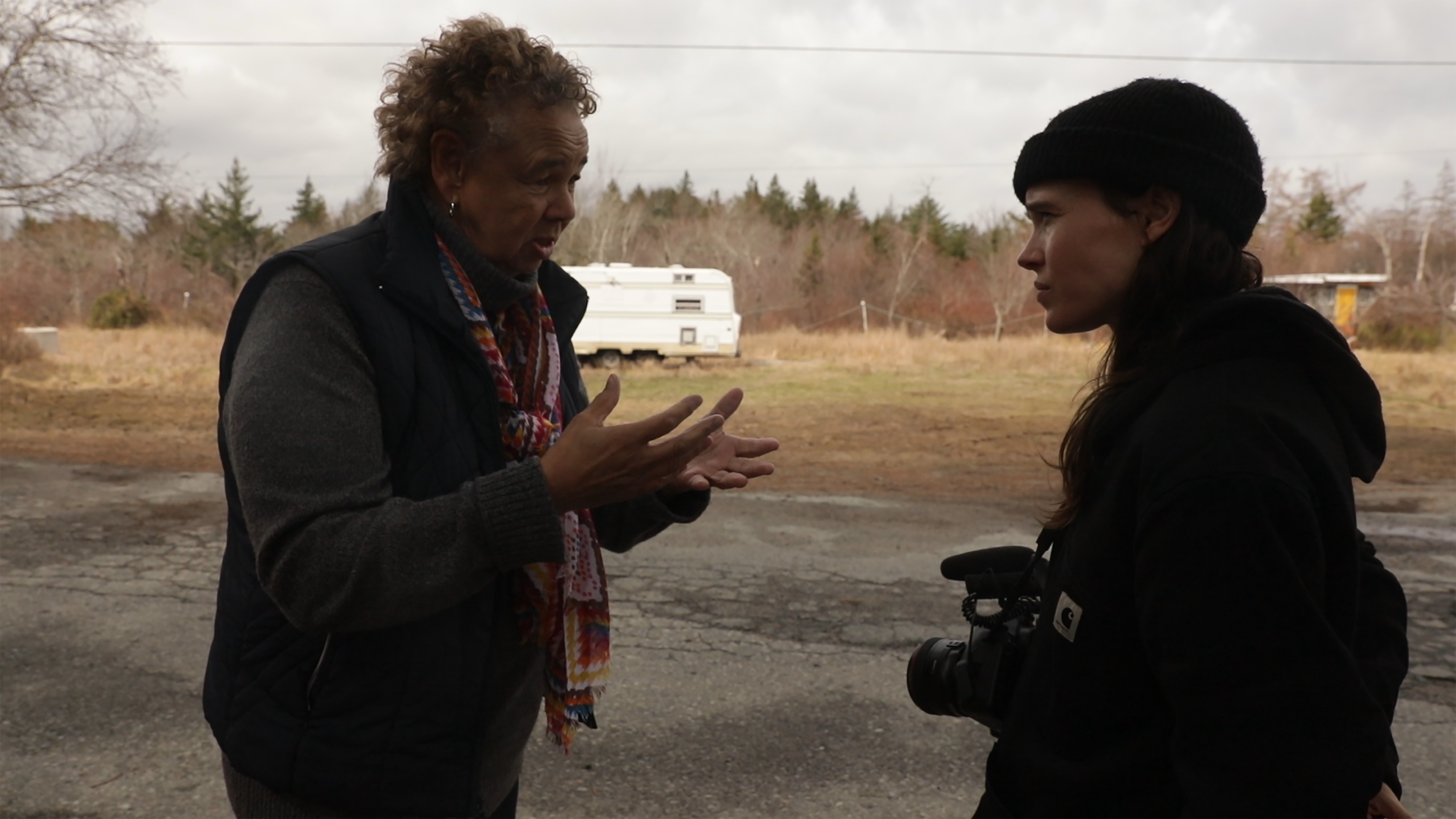The actress Ellen Page, known worldwide for the films Juno and Inception, recently released a documentary that she directed and produced to raise awareness of one of the problems faced by the inhabitants of their place of origin. There’s something in the Water, inspired by a book of the same name by sociologist Ingrid Waldron, explores environmental racism in Nova Scotia, Canada.
The proposal is a great initiative to look at the environmental problems of a population that has been marginalized by large industries and administrations. In this way, Page allows the issues of a community struggling for the right to clean water and a non-toxic environment to be heard.
Ellen Page is working again with Ian Daniel with whom she made the TV documentary series Gaycation. In this project, she immerses herself in a case that affects her closely, as it is related to her home province. The project, also co-produced by Julia Sanders and writer Ingrid Waldron, was made possible thanks to research work in the affected communities.
The documentary looks at local problems through Afro-Canadian and indigenous women fighting pollution that is causing social and public health problems. One of the biggest effects of environmental degradation is the associated diseases and this video highlights the number of deaths by cancer in every house in the area, an indication that should be of concern to the authorities.
The film represents a powerful call to action, in which it is denounced that these marginalized communities have been victims of companies that use the area as a dump, ruining water sources. These rural groups are fighting to stop actions or exert pressure to promote the environmental clean-up of the area.
There’s something in the Water is Ellen Page’s first role as director, and was filmed in less than two weeks during conversations with activists and visits to the most affected areas. The documentary had a great launch pad at the 2019 Toronto Film Festival, which served to bring to a wider audience the devastating consequences of contamination, which can help drive change.
Celebrity-promoted projects of this kind open up opportunities for communities that are not often heard. Ellen Page’s voice could sound louder than anyone else in the area, and the actress took advantage of her position to help. The documentary has already awakened some consciences, and these purposes represent a great advance for a historically discriminated-against group.
Waldron’s book and the documentary are immersed in the long-term effects of environmental racism. The economic and social inequality in these marginalized communities is aggravated by the profound impacts of contamination, which has generated alarming numbers of diseases.
Environmental racism is based on injustices in ecological policies that discriminate against minorities. These communities are forced to live in dangerous environments, without their opinions being heard about projects that directly affect their living conditions.
There’s something in the Water not only helps disadvantaged communities in Nova Scotia Canada; this type of project also serves as a platform for similar cases around the world, in locations that have been discriminated against because of ethnic, economic and social factors.
Cases range from excluded populations in first-world countries to other areas in nations known for their poverty, where minorities do not have the political support, financial resources and media to reject being places where polluting wastes are dumped.
The global historical record shows how social inequality can be produced in the nations of origin, towards their own people, or with shipments of toxic waste to poor countries in Africa or Asia.
Toxic residues can come from illegal mining, oil spills, technological waste, pesticides, industrial residues and more. They all cause serious consequences to land and water, damage crops, generate pollution and slowly poison people directly or indirectly exposed to these components.
Among the most disadvantaged communities that face being a cemetery of contaminating residues in countries such as Canada and the United States are indigenous, Hispanic and Afro-descendant communities, since these groups are racial minorities and many of them face economic and social inequalities that make them vulnerable.
Many groups are now taking on important roles in denouncing environmental issues. Although certain ecological problems directly affect some minorities, lack of action or wrong decisions have led a large part of the population to have an obvious concern about future events.

